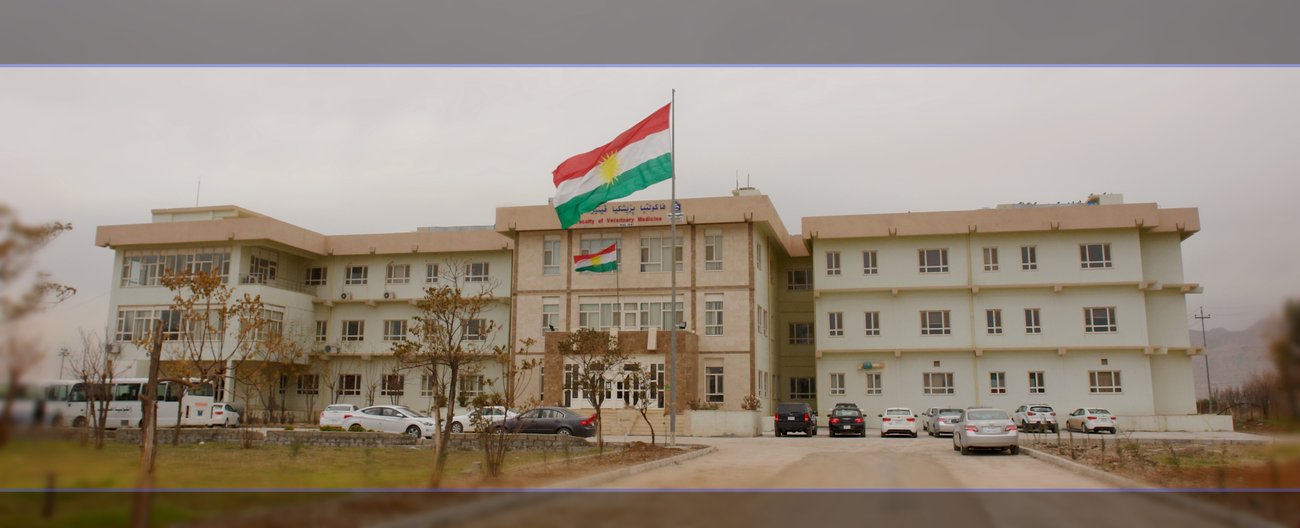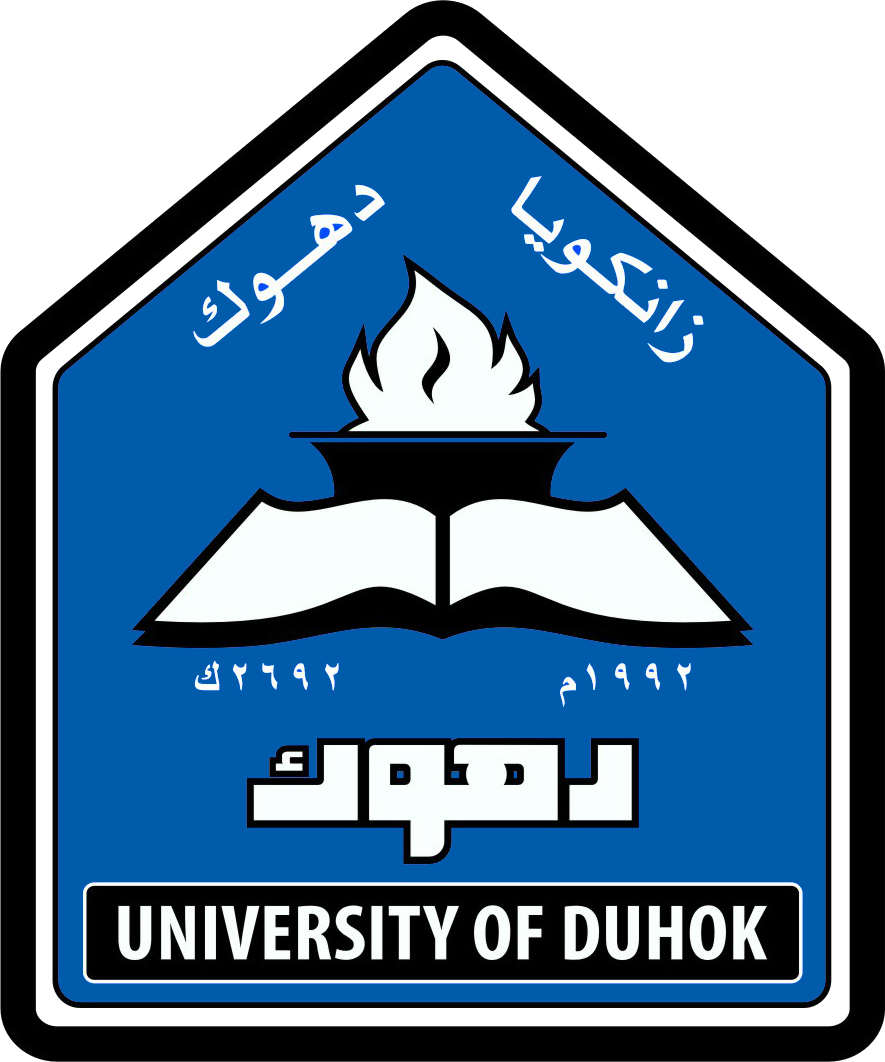
Degree Certification
The academic curriculum offers a Bachelors degree in veterinary medicine and surgery (i.e.: B.V.M. and S.). The study continues for duration of five academic years, accompanied by mandatory internship during the summer season of the 3rd, 4th and 5th Year.
About
The College of Veterinary Medicine was established in June of 1996. It is one of the leading veterinary research centers in Kurdistan. It also provides support for the veterinary profession through diagnostic services and continuing professional department courses.
The program of study offers theoretical, practical and clinical experiences in various aspects of veterinary medicine and surgery. The official language of instruction is English. The main goal objective of the college Veterinary Medicine has been to prepare competent students to meet the present and future demands of their professional services. The graduates (veterinarians) are expected to fulfil the aspects of the health care profession that encompass animals, human and environmental health aspects such as caring for food animals (cattle, sheep, goat, poultry, and fish), diseases prevention and treating animals using recent therapy and performing surgery.
Characteristics
A scientific Veterinary Medicine College which specializes in the teaching of diseases which affect domestic animals, also the methods of diagnosis and treatment of these diseases to prepare the students for graduation, becoming qualified veterinarians to work in society. At the Department level, work in researches and studies in many fields of specializations takes place, lying within the general aims of departments, these are taught by the academic staff. The researches which are achieved by the staff members and postgraduate students contribute to the aims of connecting the veterinary school with the common research lines of the country, therefore, serving science and society and contributing in the general development and resolves of any difficulties.
Strategies
- Graduation of cadres that are able to serve society effectively by following the established scientific courses and supporting theoretical side by practical side. Ensuring of qualified teaching cadres and securing modern scientific references in addition tocollege's efforts for expanding and developing its scientific laboratories. The training of students on the practical side, to convert studying to a palpable fact serving and completing theoretical side.
- Graduation of instruction cadres (M.Sc. and Ph.D.) for preparing the futuristic cadres who will complete the strategic planes of the college in research and academic fields.
- Activation of research fields, expanding its branches to include all specialities which serves the college purposes by putting the college on the context of international research development firstly and for the service of research activity aiming at promoting the community secondly .
The objectives
The main objective of the College of Veterinary Medicine is to provide academic education and professional training so that veterinarians easily adapt their services to the fast changing demands of society. These services include the medical care of animals and the research into all domains related to medicine and animal welfare.
Because of the wide variety of the studies veterinarians can be employed in many different branches of professional life:
- As a veterinary practitioner for pet animals or horses, emphasizing examination and treatment of the individual animal.
- As a farm animal practitioner, where treatment of groups of animals and herd health control are of major importance.
- As a veterinarian in the field of pharmaceutical industry and animal feed industry.
- As a veterinarian serving public health
- As a veterinarian in diagnostic laboratories (private and public).
- As a veterinarian in research and education
The acquired experiences
After completing the study period of five years, the student obtains a Bachelor’s degree in veterinary medicine and surgery. The student becomes familiar with methods of examination, diagnosis and treatment of diseases of animals, becoming qualified to practise in the community.
What distinguishes the College?
The College differs from other veterinary medicine colleges outside the area, in that it serves public and veterinary health inside the region.
practical use of courses
The target of the College is entwined between studying and modern life. The student learns that diseases harm animals and their breeding programmes.Therefore it is essential to learn how to prevent the transmission of harmful diseases by examining the animal products before human consumption and at the same time protecting the economic balance by promoting it.
The cultural and the scientific relationships with other colleges are concentrated on the prevention of diseases especially the zoonotic diseases. We deals with the Veterinary Directorate and Health Directorate for preventing imported diseases and the eradication of endemic diseases. The college needs in the context of its work, the cooperation with a group of offices like the General Veterinary office and Veterinary Health Centers to the first degree and to a lesser degree with the agricultural departments and also with some private and state domestic animals breeding projects. The cooperation with these divisions is constructive and very important.
Activities
Some of the teaching staff members have started research projects and are involved with workshops and seminars. Also many participate in the sport activities.
